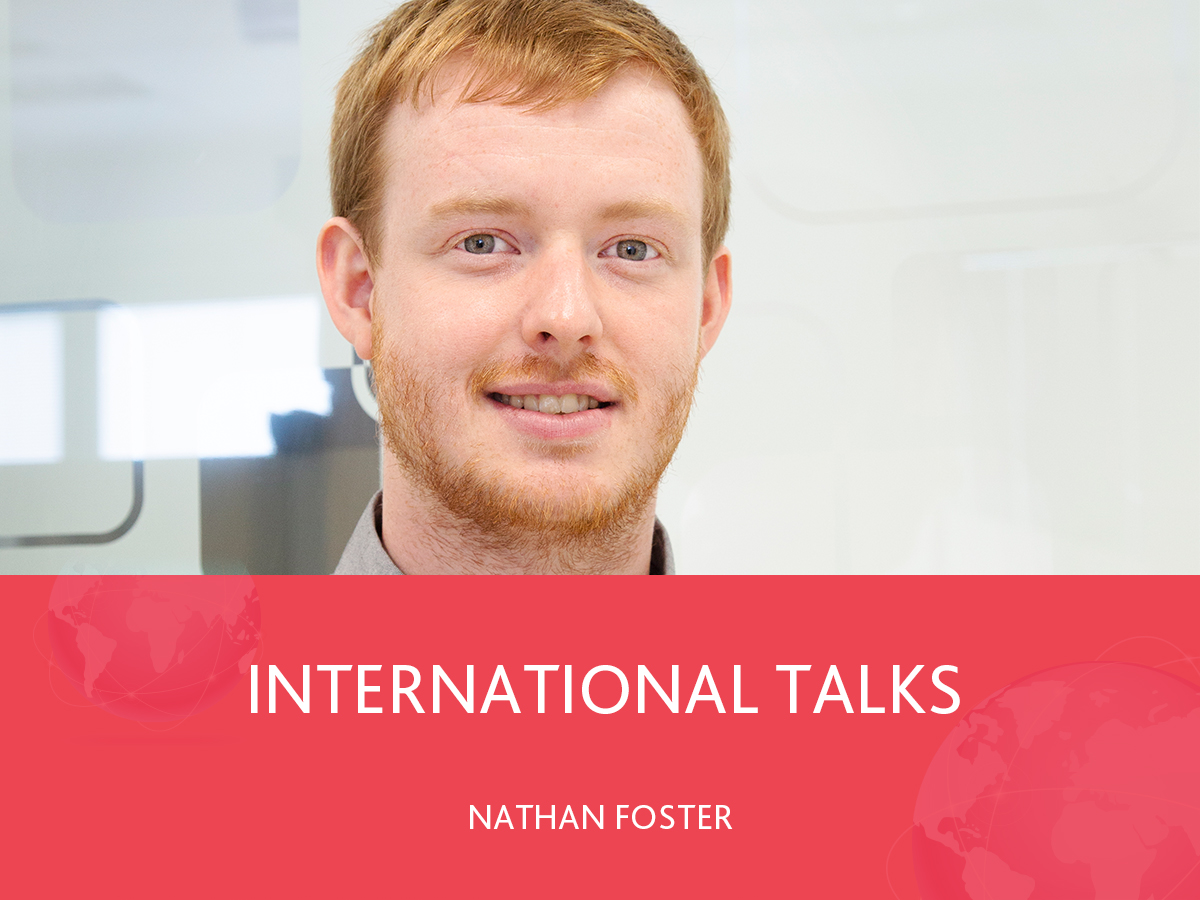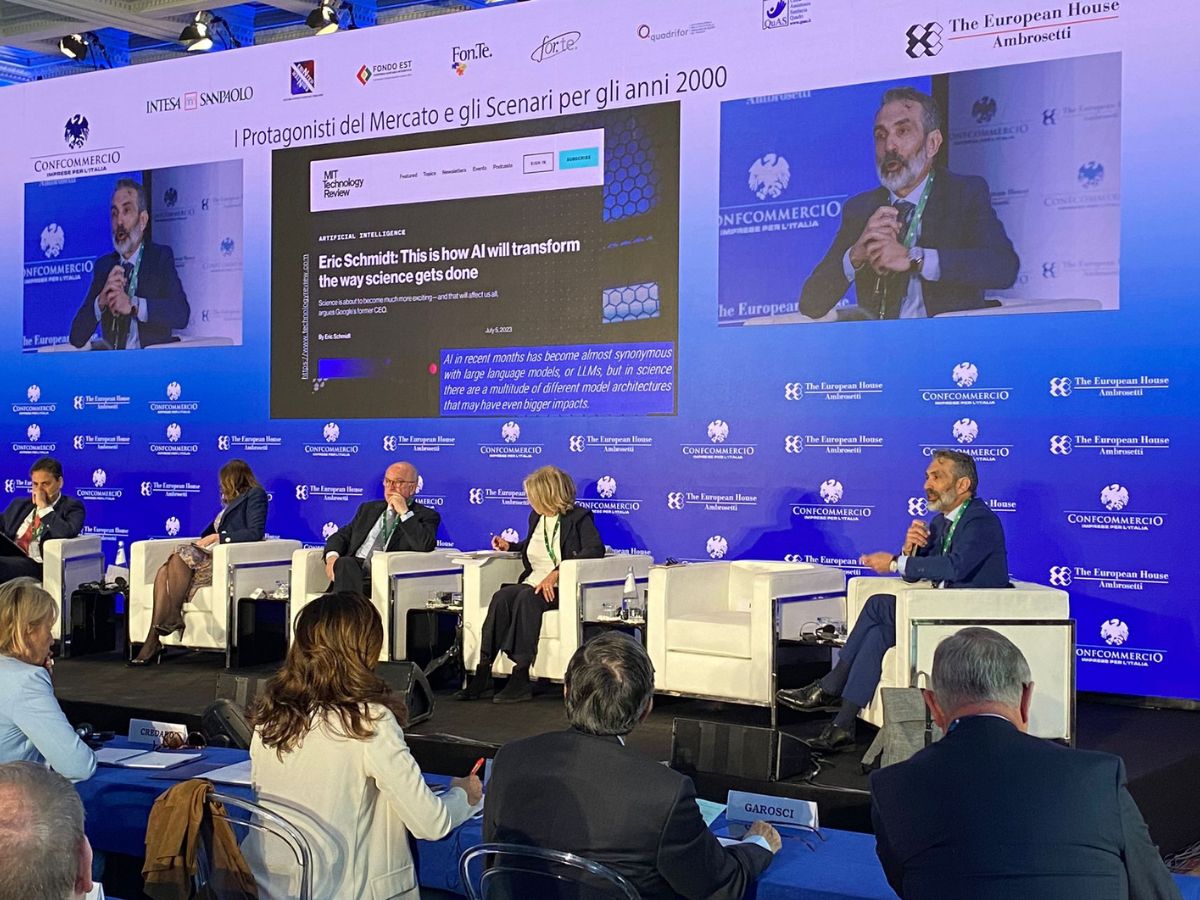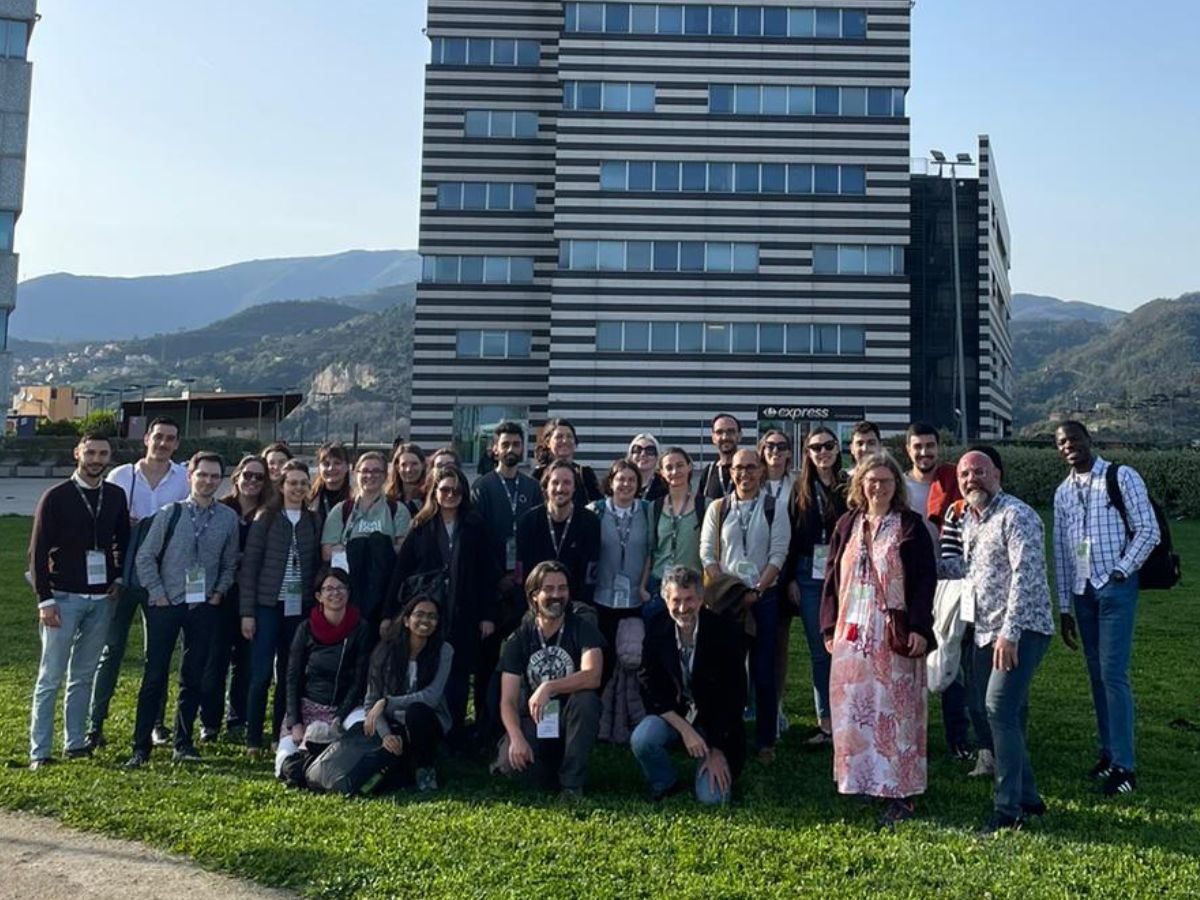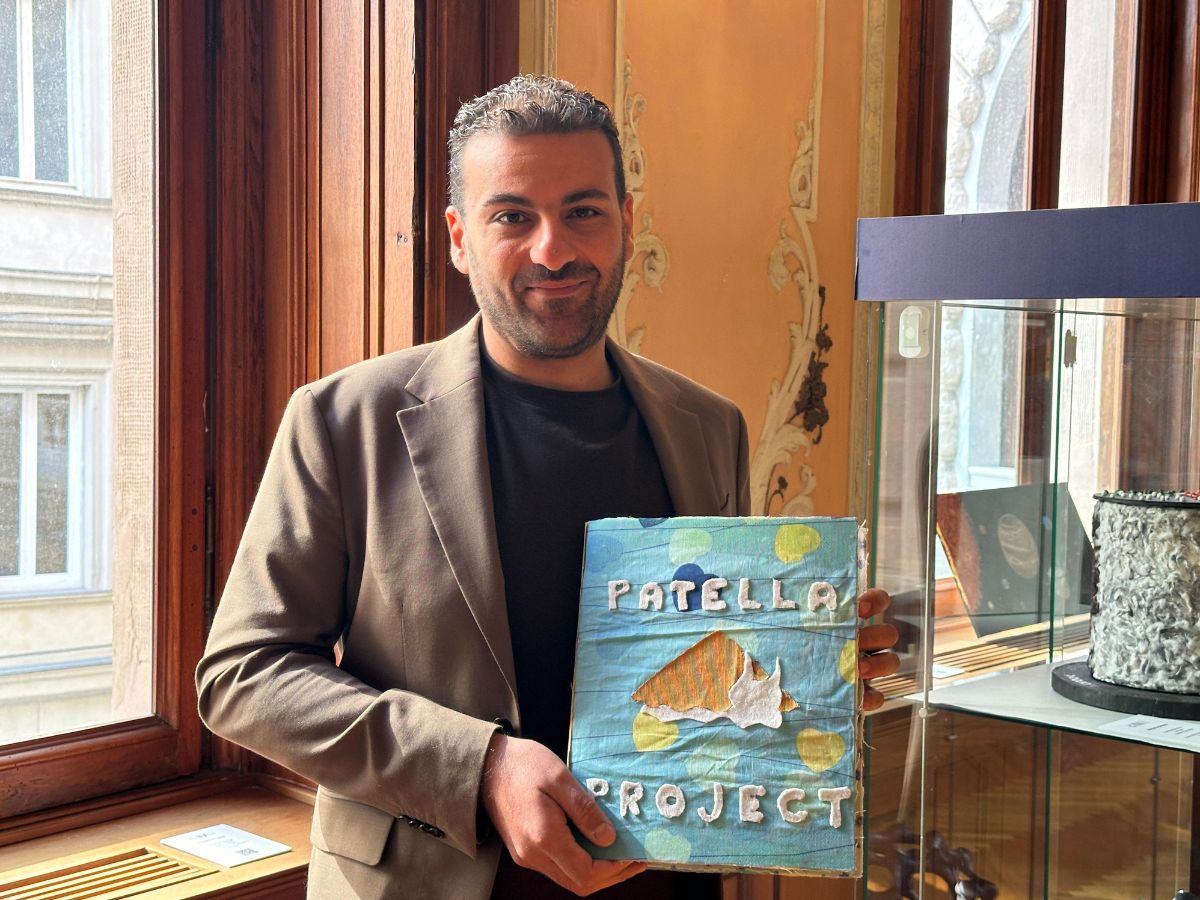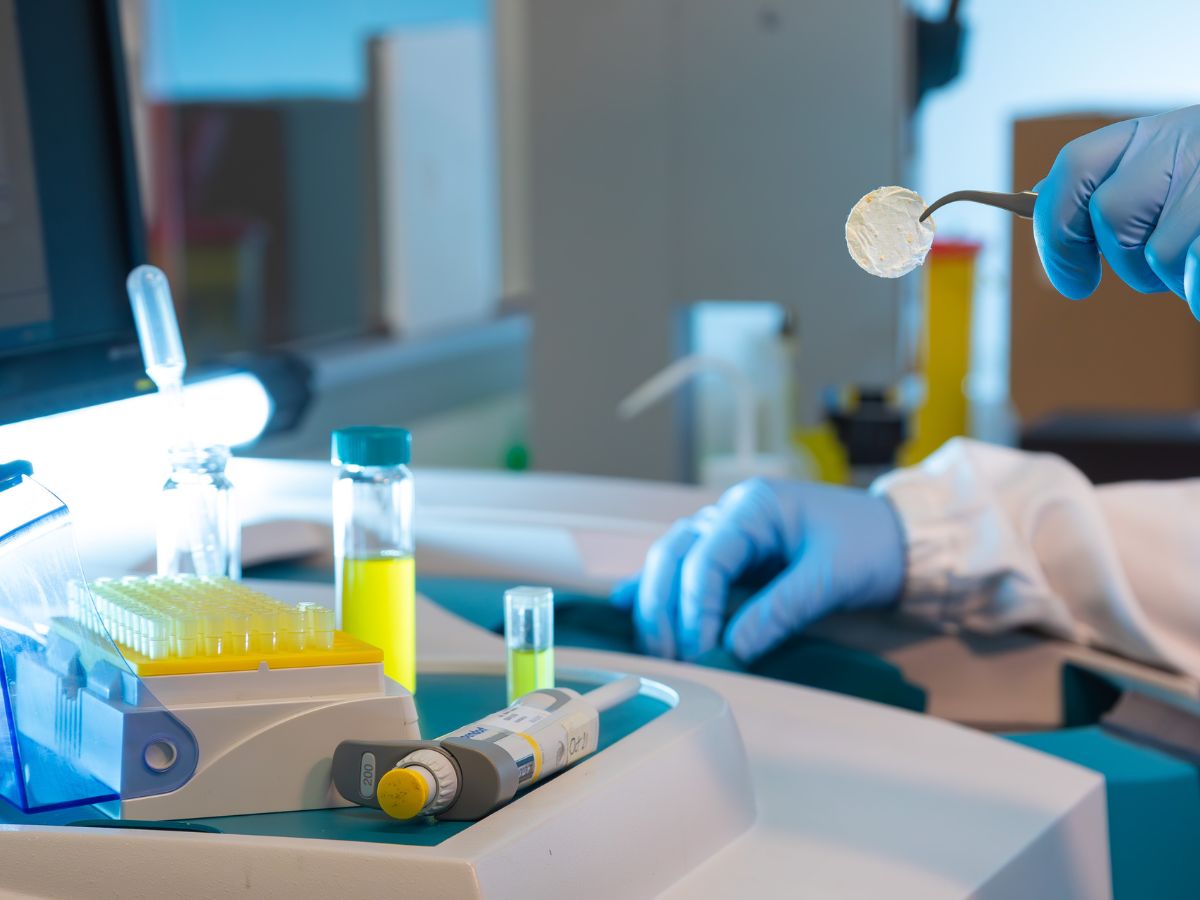Studying human behaviour for understanding autism
In the first half of 2018 I was deep in the process of writing up my PhD thesis at Liverpool John Moores University and planning my next steps. I had decided I wanted to face a new challenge in a new institution, having studied for my bachelors and masters degrees all in the same lab as my PhD, but I hadn’t given much thought to the prospect of leaving the United Kingdom in search of that next challenge. It was then when my supervisor called me to tell me about the advert he had just seen for a post-doctoral position at IIT seeking an early career researcher with experience in sensorimotor control in autism spectrum disorder. This specific topic had been a major theme of my PhD research so I of course applied and luckily I was successful.Later in 2018, just a few days after successfully defending my PhD thesis I made the move Genova to begin working on a specific project, the MINDED programme, aiming to advance the diagnosis, imaging and treatment of neurodevelopmental disorders via the integration of nanomedicine, molecular neuroscience, and cognitive neuroscience robotics. This was and continues to be an exciting opportunity with the project’s multidisciplinary nature providing valuable discussion and insights into how each discipline can inform the other and together improve the quality of the research we produce.I work in the cognitive neuroscience robotics strand where we aim to develop and establish new diagnostic and therapeutic sensorimotor approaches for neurodevelopmental disorders. This means that we study how humans living with, or at risk of, a neurodevelopmental disorders process sensory information (e.g. vision) to control the movement of their limbs and interact both physically and socially with their environment. We hope by better understanding how these processes may be potentially altered due to neurodevelopmental disorders we are able to inform intervention design to improve the therapeutic strategies used in clinical practice that aim to improve the quality of life of those affected, as well as facilitate faster diagnosis in neurodevelopmental disorders.For example, my current research focus is iinvestigating how processes associated with sensorimotor integration modulate sensorimotor learning and control in autism spectrum disorders with colleagues in the Cognition, Motion and Neuroscience Unit at IIT. This closely links with the previous work I undertook during my PhD and has allowed me to further develop these ideas and investigations. Although not part of the current formal diagnostic criteria, motor issues are increasingly prevalent within this population and have been suggested to be a potential precursor to the social communication and social interaction issues synonymous with the disorder. The motor behaviour of autistic individuals has been shown to be generally more variable than their typically developing counterparts, with reaching/aiming movements also being generally slower. By investigating the learning and control processes associated with this type of behaviour, we hope to be able to identify and develop effective strategies that not only facilitate motor improvements but also provide effective transfer of learning for the associated social issues.Moreover the identification and assessment of these social issues is currently a large part of the clinical diagnostic procedure. Through thorough investigation of motor behaviour of autistic children we hope to be able to identify common patterns within the kinematic profile of their movements (e.g., velocity, acceleration, jerk) which could be used to identify a potential autism motor signature. Our hope is that using wearable technologies this could be assessed in at-risk infants in their homes by the parents. Data collected this way could then be used to support the current clinical process and expedite the diagnostic outcome.I have now completed my first year working on this project and have enjoyed overcoming the continued challenges it has presented, and I’m sure, will continue to do so. The challenges over this first year have of course not only been scientific, with several personal challenges also arising as a function of moving from the UK to Italy. From understanding how to negotiate the bureaucratic hurdles, finding an apartment and starting to learn Italian – colleagues at IIT have been really helpful. Not only administrative staff guiding me through these processes, but other lab members suggesting things to see and do in Genova and helping me translate documents when my fledgling language skills are not up to the job. Overall it has been a great experience and I’m looking forward to the future of the project.___Nathan Foster is researcher (Marie Curie Fellow) at Cognition, Motion and Neuroscience Research Line at IIT’s Center for Human Technologies in Genova.MINDED project has received funding from the European Union’s Horizon 2020 research and innovation programme under the Marie Skłodowska-Curie grant agreement No 754490

